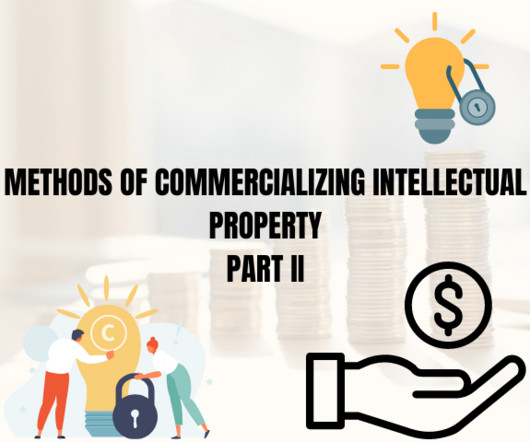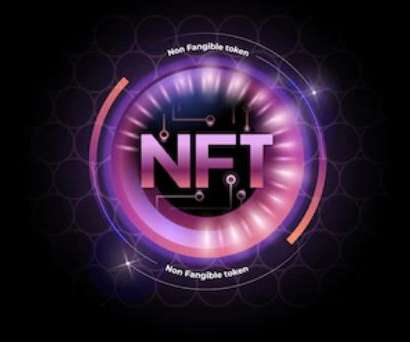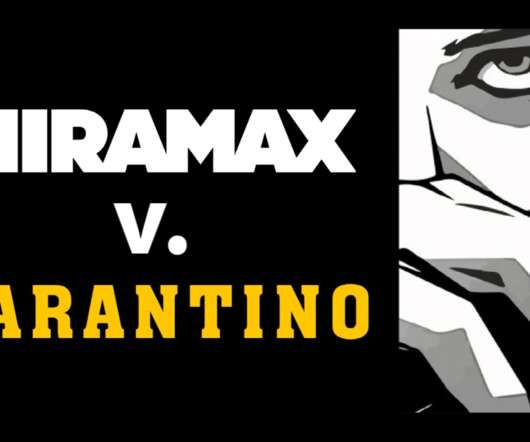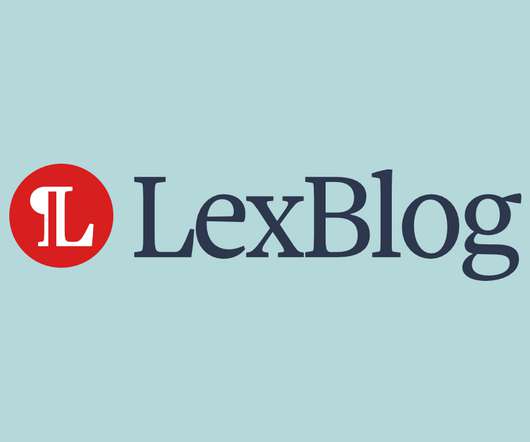Who Owns the Copyright in AI-Generated Art?
Intepat
SEPTEMBER 15, 2023
This burgeoning genre is not only pushing the boundaries of artistic expression but also challenging the established norms of copyright ownership. This blog post embarks on a comprehensive journey to unravel the complex issue of copyright ownership in AI-generated art. Copyright laws are designed to safeguard the rights of creators.













Let's personalize your content